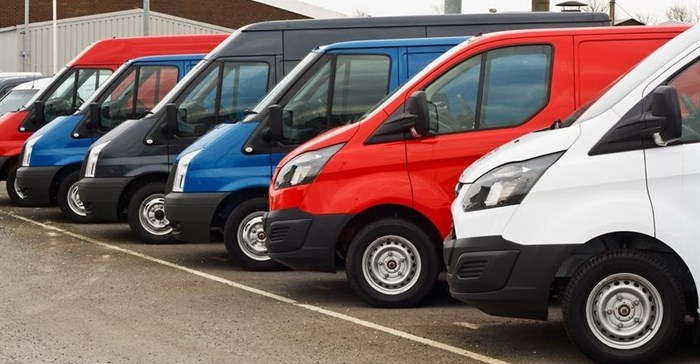
Top stories






AutomotiveHilux Custom Builds offers purpose-built solutions for your business
Toyota South Africa Motors 16 Feb 2026
More news


Marketing & Media
Ads are coming to AI. Does that really have to be such a bad thing?














Up to now, South Africans have been notoriously attached to the idea of owning their vehicles, says Dr David Molapo, head of Standard Bank Fleet Management. This is contrary to the practice in much of the developed countries, where the economic arguments in favour of vehicle leasing hold sway for the majority of motorists.
Dr Molapo says it is difficult to gauge whether the remarkable increase in leasing contracts heralds a quickening of the adoption of leasing by the South African motoring public at large, but it is an encouraging sign. “It is most likely that leasing will eventually become dominant in South Africa because it makes economic sense. The question is how fast will it happen,” says Dr Molapo.
Many factors influence the speed at which South Africans are adopting leasing, including the availability of leasing options, how well they are marketed, as well as the strength of the cultural preference for ownership. It is likely that the move towards leasing would happen faster among South Africa's larger corporate fleets, which are generally more plugged into international best practice, compared to smaller fleets and ordinary consumers.
One possible driver in favour of leasing is economic trouble of the sort currently being experienced. GDP growth is stagnant, business confidence seems to be low, and new vehicle prices continue to increase even as sales numbers decrease. The average passenger vehicle price for the first half of 2015 was R300,000. During the same period this year, it was R360,000.
Under such conditions, it is not surprising that fleet managers would take a serious look at alternatives to the traditional ownership model, says Dr Molapo. Firstly, leasing requires no upfront deposit, preserving valuable cash-flow for the business. Secondly, a full maintenance leasing contract bundles all the costs of owning a vehicle in one, predictable monthly payment, providing much-needed stability in uncertain times.
Much of the resistance to leasing probably stems from the fact that the bundled monthly payment is higher than a monthly installment on a traditional vehicle loan, mainly because all the costs are included and smoothed over the period of the use of the vehicle, says Dr Molapo. But tough economic times are likely to focus the minds of fleet managers on the real costs of vehicle ownership and boost the acceptability of leasing as an alternative.
Another overlooked advantage of leasing is that the risk of a weak market for second-hand vehicles falls on the financier when the time comes to replace a vehicle, while fleets that own their vehicles carry the risk that their trade-ins may fetch weak prices, making replacements more expensive.
As for the ability to “sweat the assets” - holding on to vehicles beyond their normal replacement dates in order to postpone expenditure – leasing provides similar flexibility as ownership. The extension of leases, for example from 36 months to 60 months, is routinely done, especially in a tough economic climate. Standard Bank Fleet Management has seen a substantial increase in the extension of leases as fleet managers “sweat their assets” and the current low levels of new-vehicle sales can be ascribed to the same impulse.